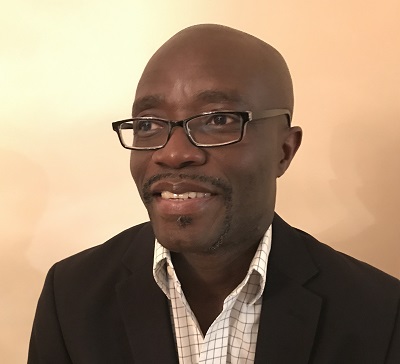Syracuse Stage Opens Season With Production of WWI Musical ‘The Hello Girls’
Syracuse Stage begins the 2025-26 season with “The Hello Girls,” with music and lyrics by Peter Mills and book by Peter Mills and Cara Reichel. Featuring fresh orchestrations, new staging and reworked material, this new production of “The Hello Girls”…




